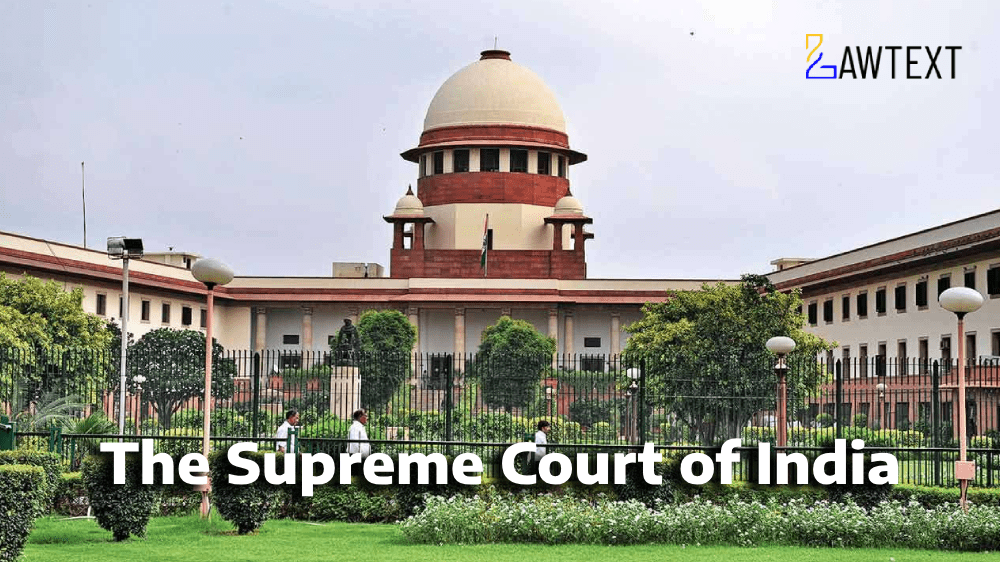

The appeals filed by the Union of India challenge a judgment by the High Court of Calcutta that reversed a Central Administrative Tribunal order and allowed the relief claimed by the respondents, who were railway employees appointed on compassionate grounds. The respondents' appointments were terminated due to the discovery of forged and fabricated documents used to secure their positions. The High Court directed their reinstatement, subject to a possible departmental inquiry. The Supreme Court considered whether the dismissals were legally sustainable, emphasizing the importance of natural justice and principles governing compassionate appointments. The Supreme Court ultimately set aside the High Court's judgment, restored the Tribunal's order, and upheld the respondents' dismissals.
The appeals by the Union of India challenge the High Court of Calcutta's judgment, which reversed the Central Administrative Tribunal's order and allowed the respondents' relief claims.
Respondent-employees were appointed on compassionate grounds but were suspended due to a departmental inquiry regarding the authenticity of their appointment documents.
Show cause notices were issued, revealing that the respondents' appointments were based on forged documents, leading to their termination.
Respondents' appeals against termination were dismissed by the appellate authority. The Tribunal also dismissed their applications, stating they did not come with clean hands.
The High Court reversed the Tribunal's order, directing the reinstatement of the respondents with the possibility of a departmental inquiry.
The Supreme Court considered whether the dismissals were legally sustainable and reviewed relevant principles of natural justice and compassionate appointment.
Respondents actively participated in the adjudication process but failed to produce necessary documents.
The authority issued show-cause notices and provided an opportunity for the respondents to respond.
The Supreme Court emphasized that compassionate appointment cannot be claimed as a right and must be supported by genuine documents.
The discovery of fraud in securing appointments invalidates the respondents' claims and protections under Article 311 of the Constitution.
The Supreme Court set aside the High Court's judgment, restored the Tribunal's order, and upheld the respondents' dismissals. The observations made are limited to the dismissal and do not affect pending criminal proceedings.
The appeals are allowed, and any pending applications are disposed of.
Citation: 2024 LawText (SC) (8) 1
Case Number: [Civil Appeal Nos. 4434-4437 of 2014] [Civil Appeal No. 4445 of 2014]
Date of Decision: 2024-08-01
Case Title: Union of India & Ors. Etc. Versus. Prohlad Guha Etc.
Before Judge: [J.K. MAHESHWARI J. , SANJAY KAROL J.]
Appellant: Union of India & Ors. Etc.
Respondent: Prohlad Guha Etc.